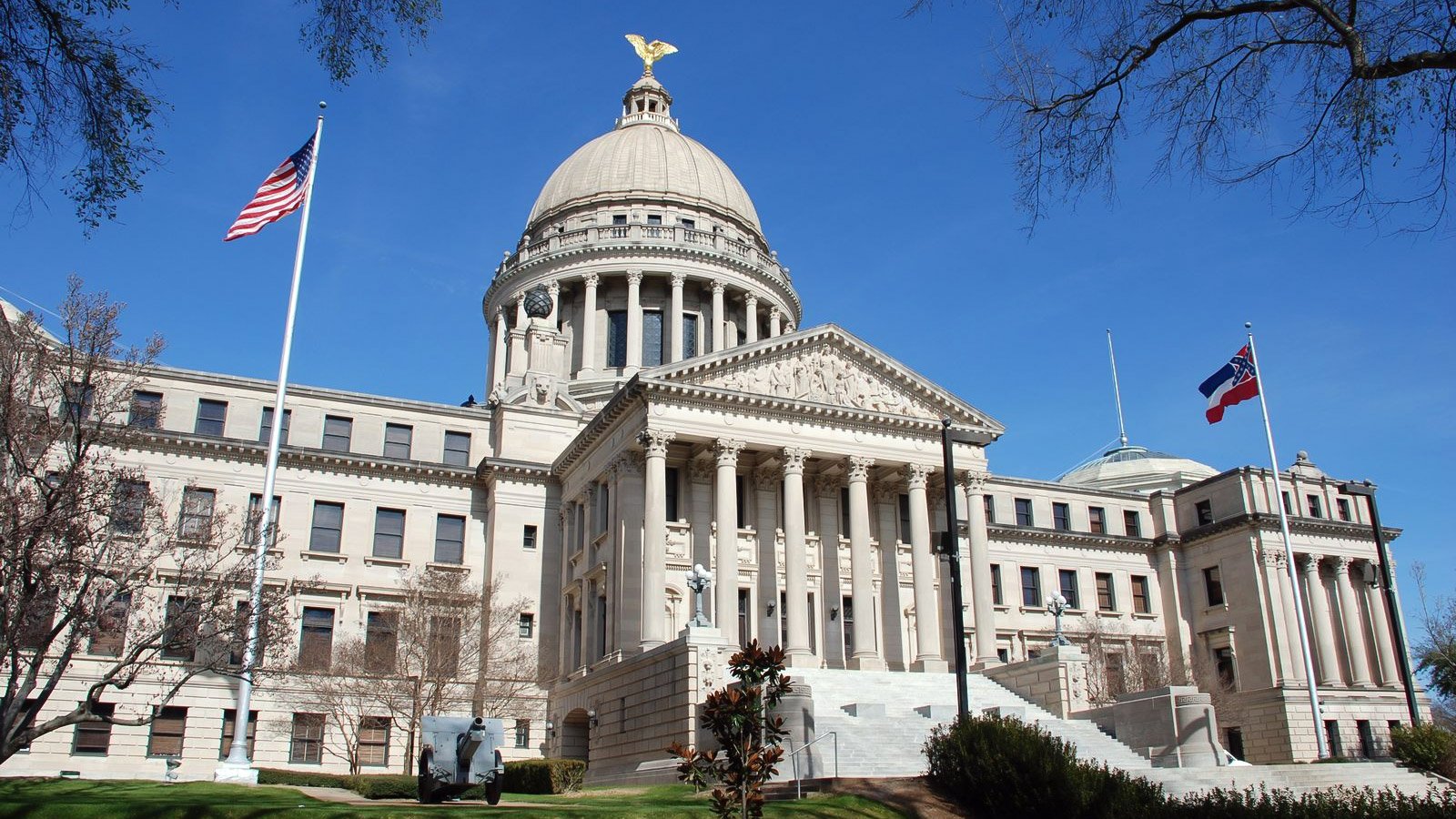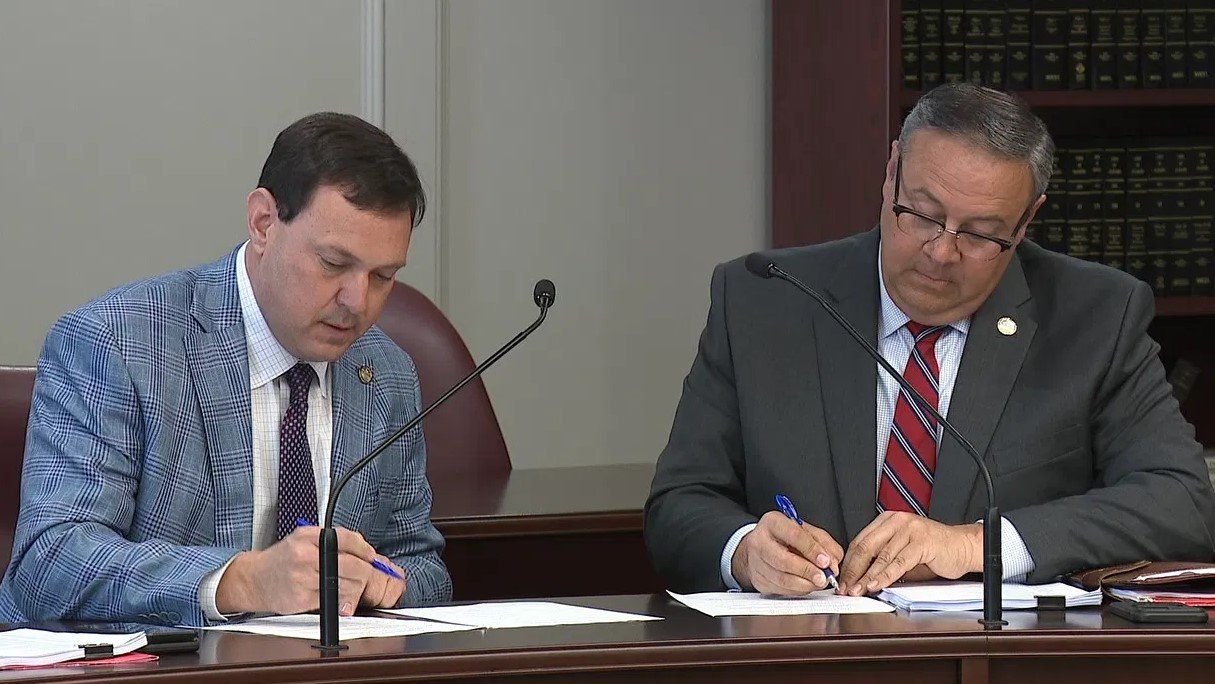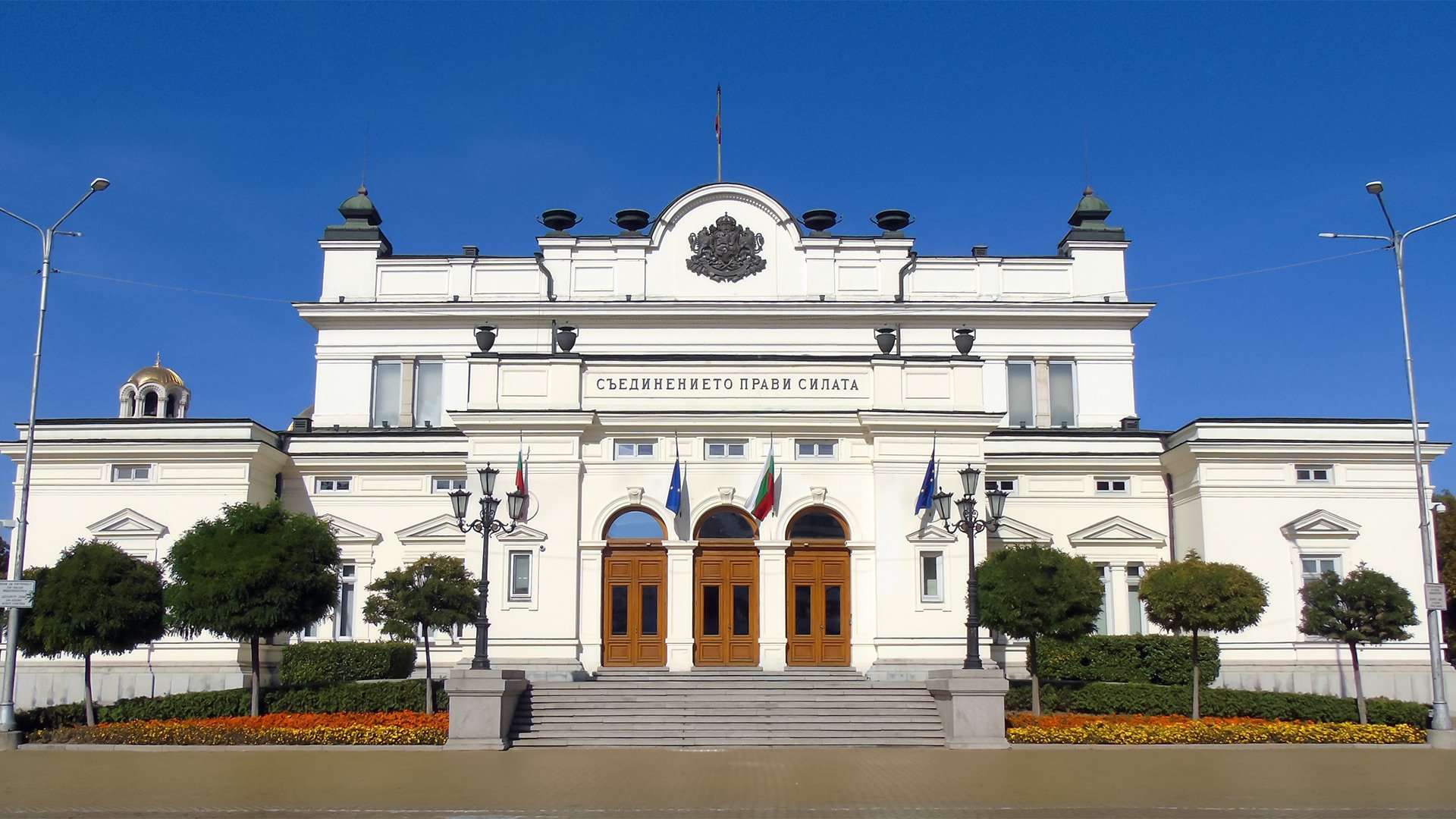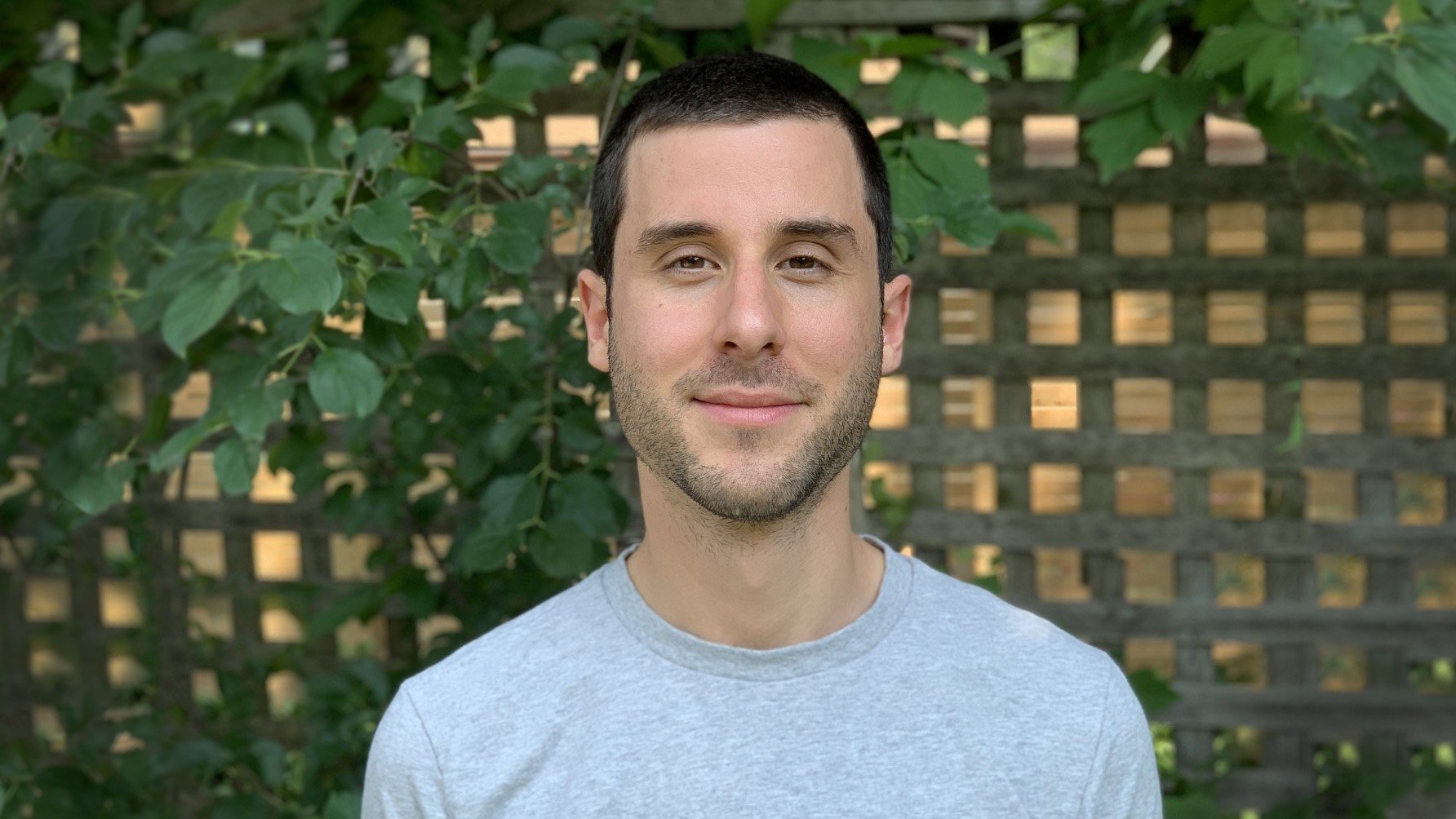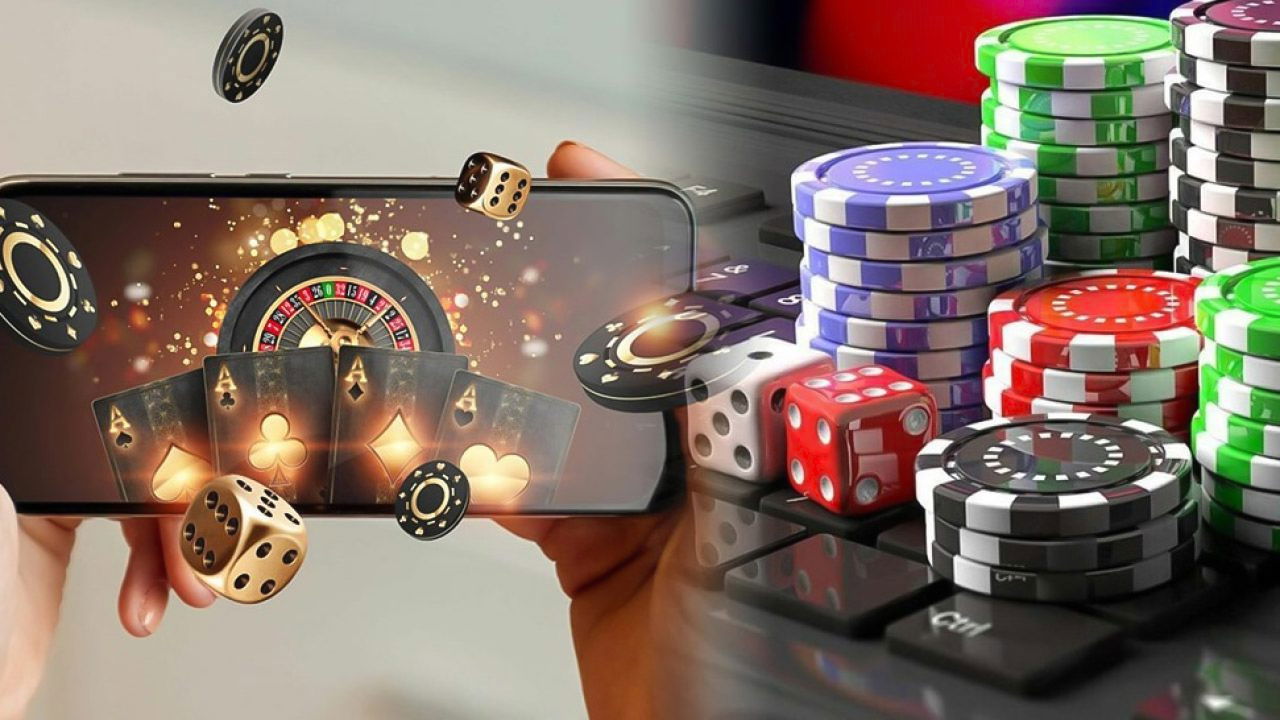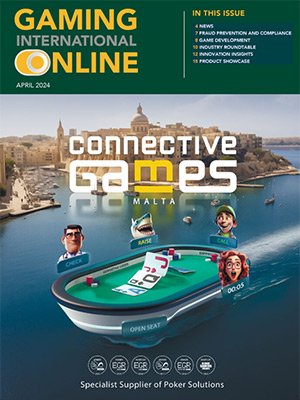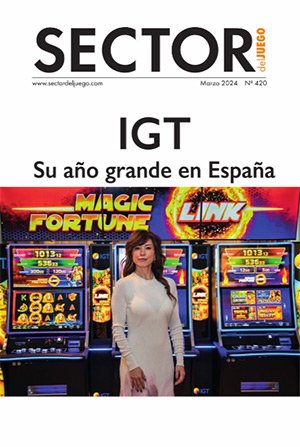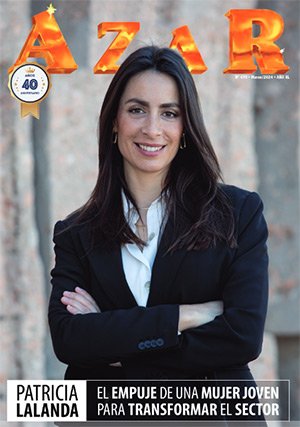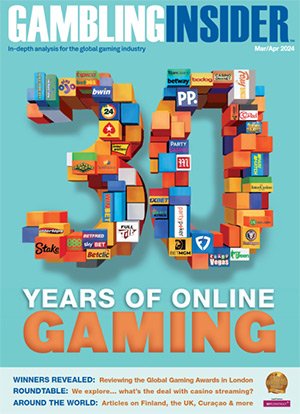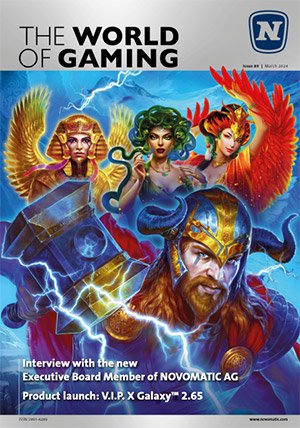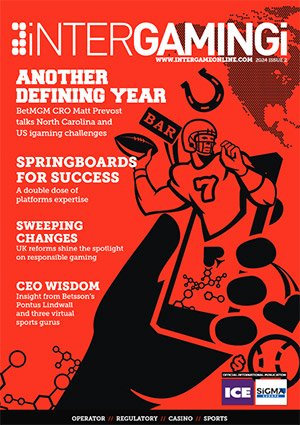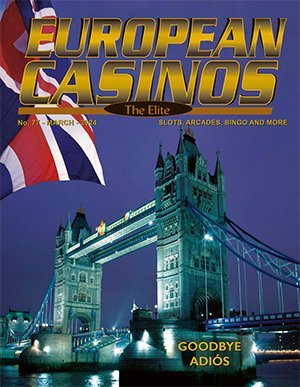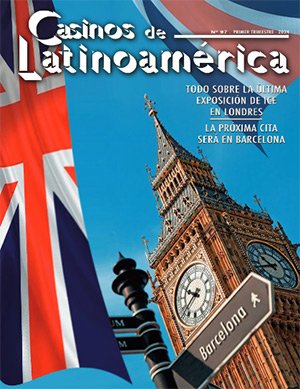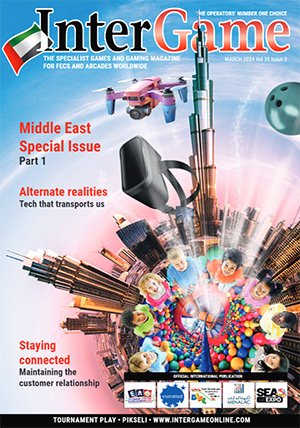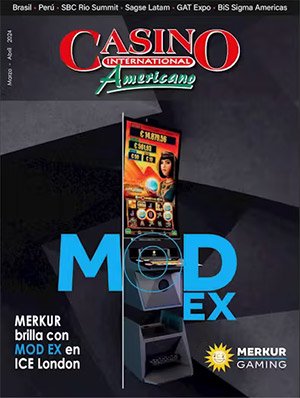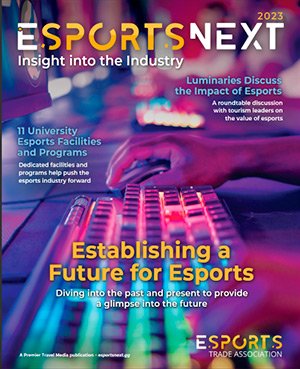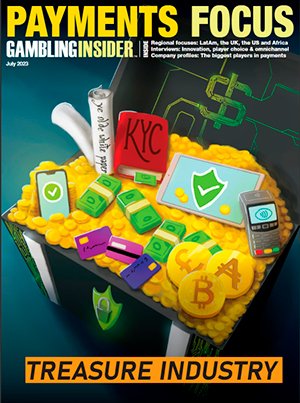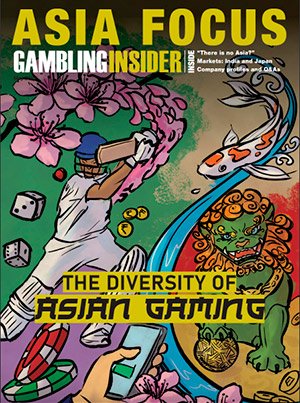Tasmanian lawmaker seeks to remove slot machines from pubs
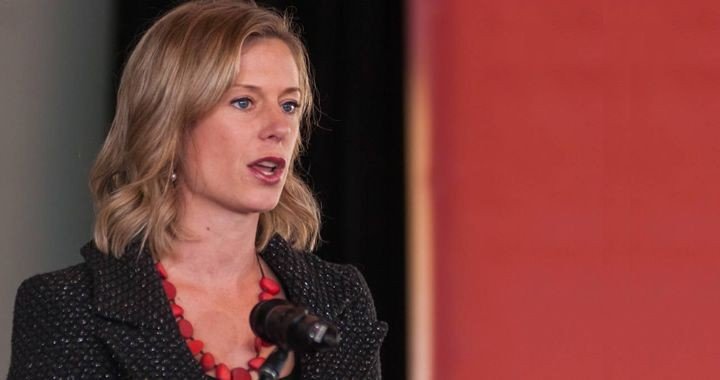
In a country that gambles more each year per capita than any other nation, Tasmanian lawmaker Rebecca White has promised she would remove slot machines from bars and clubs within five years should she lead the opposition Labor Party to victory in this year’s state election, as the 34-year-old rising star closes polling gaps with her main rival.
“It’s not unsurprising to see the industry come out as strongly as it has against me and mobilize in Tasmania. We know they have money to spend,” White said in an interview. “It takes a fair bit to intimidate me, particularly when I’m convinced my position is right.”
The backlash against slot machines -- or “pokies” as they’re known Down Under -- has been growing in Australia, which has 18 percent of the world’s stock despite just 0.3 percent of its population, according to Canberra-based think tank Australia Institute. Opponents say the crippling addiction they can trigger outweighs the boost to government tax coffers, which raked in A$6 billion (USD 4.9 B) from gambling in fiscal 2016.
Australians are the world’s biggest gamblers, with a per-capita annual spend about double that for countries including Finland, Italy and the U.S., according to Global Betting and Gaming Consultants. That’s largely due to the presence of slot machines in pubs and clubs, which host 93 percent of the nation’s 196,000 machines. The rest are mainly in casinos.
While less than 4,000 machines are in Tasmania and just 0.6 percent of its residents identify as problem gamblers, the island is set to become a battleground in the wake of White’s announcement.
“The national gambling lobby will be incredibly concerned if Labor is able to restrict poker machines in Tasmania to just the casinos,” said Francis Markham, who conducts gambling research at the Australian National University in Canberra. “They’ve potentially got a lot to lose, as it could set a precedent for the rest of the country.”
In Tasmania, a sleepy-paced island off the southern coast of Australia, advertisements attacking Labor’s policy have started appearing on the television screens of its half a million residents, even though the election is yet to be called by the ruling Liberal government.
In one ad, a gaming worker says Labor has “dumped working Tasmanians and the general population down the chute.” He’s employed by Federal Group, a family-owned business that’s held the exclusive license to operate poker machines in the state since they were introduced in 1997, helping it become the state’s largest private-sector employer.
“We didn’t want to be front and center in an election campaign -- we’ve been dragged into it,” Federal Group spokesman Daniel Hanna said. His company, which owns 12 Tasmanian hotels that host poker machines, had been shocked by Labor’s “radical position” which was at odds with the state’s lower rate of gambling addiction and machines per capita than others, he said.
Federal Group gave about A$20,000 each to Labor and the Liberals during the last state election in 2014, Hanna said. White’s party “probably” won’t receive funding from his company in the forthcoming campaign, he said, while declining to say how much it would donate to the Liberals. The national industry is a frequent donor to political parties.
A recent poll shows that since becoming Labor leader 10 months ago, White has boosted her party’s chances of winning the election, which must be held by May. Liberal and Labor both had 34 percent support in December, compared with 40 percent versus 28 percent just over a year earlier.
Half of Tasmanians want the poker machines out of pubs, according to a November 2015 survey commissioned by the Anglican church. At a federal level, Labor says decisions on poker machines are a matter for the states.
“This policy move is risky but one White needed to take -- it gives her the look of a conviction politician,” said Richard Eccleston, a political analyst at the University of Tasmania, who predicts she could win power.
White argues that the loss from Labor’s proposal of about A$30 million in tax a year could be offset by reducing social costs. Saul Eslake, a former Bank of America Merrill Lynch economist who’s now independent and based in Tasmania, says the economic consequences would be “pretty small.”
Michael Best disagrees. He’s a director and co-owner of Goodstone Group, which employs 350 people at its nine Tasmanian pubs and leases poker machines from Federal Group. After White’s announcement, his company immediately put on hold plans to pump A$20 million back into the business over five years, he said.


